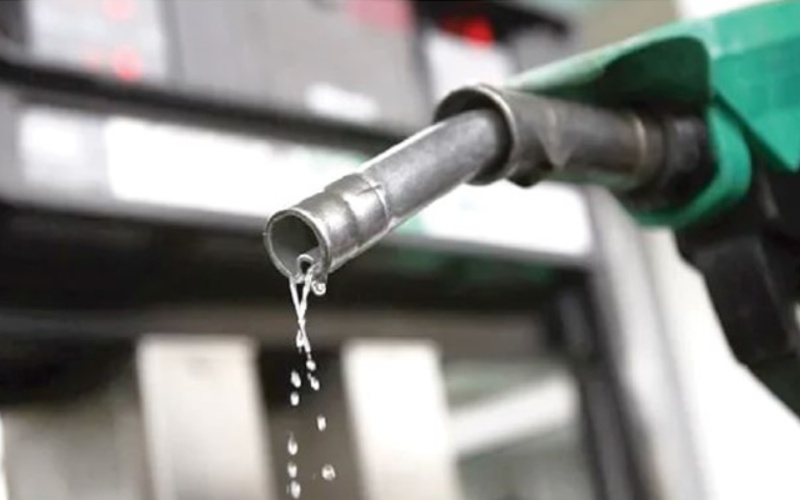The landing cost of Premium Motor Spirit (PMS), commonly known as petrol, has dropped to N981 per litre, according to data released by the Major Oil Marketers Association of Nigeria (MOMAN).
This marks a significant decline from the previous landing cost of around N1,130 per litre, primarily due to a recent drop in global crude oil prices. As of September 25, 2024, crude prices have fluctuated between $70 and $75 per barrel, compared to an average of $80 per barrel in August 2024.
The cost of refined petroleum products, such as petrol, diesel, aviation fuel, and kerosene, is directly influenced by global crude oil prices and foreign exchange rates. Industry data from the Nigerian petroleum ministry showed that Brent crude oil was trading at $71.41 per barrel on Thursday, a drop from $73.46 the day before.
According to Statistica, a global statistical firm, the drop in oil prices in August 2024 was driven by reduced demand in China and an announcement from the Organisation of Petroleum Exporting Countries (OPEC) regarding a potential increase in oil production.
Despite the falling landing costs, petrol prices remain high across Nigeria. The Nigerian National Petroleum Company Limited (NNPC) had been the sole importer of petrol before the recent pump price hike and the commencement of petrol production at the Dangote Petroleum Refinery.
On September 18, 2024, The PUNCH reported that three major oil marketers were expecting vessels carrying 141 million litres of petrol to arrive in Nigeria following the full deregulation of the downstream oil sector.
The Dangote Refinery has also ramped up its local petrol production after decades of reliance on fuel imports. MOMAN reported that the landing cost of petrol began decreasing in mid-July 2024 and had fallen below N950 per litre in early September, despite a rise in the dollar-to-naira exchange rate. The landing cost was calculated based on an exchange rate of N1,667.22 per dollar.
However, petrol prices remain varied across different regions. In Lagos, the average ex-depot price of petrol ranged between N865 and N1,200, while in Calabar, it was between N980 and N1,400.
In Port Harcourt, prices fluctuated between N1,200 and N1,400. The landing cost of diesel was reported to be N1,089 per litre, while aviation fuel stood at N1,117.34 per litre.
Notably, the difference between the price of imported petrol and that produced by the Dangote Refinery was around N83, with the Nigerian National Petroleum Company (NNPC) claiming to have purchased petrol from the Dangote Refinery at N898 per litre. While officials from the refinery denied selling fuel at that price, no alternative figure has been provided.
In the far northern regions of Nigeria, the NNPC has set the price of petrol lifted from the Dangote Refinery at over N1,000 per litre, with Borno State expected to see prices as high as N1,019 per litre. In Abuja, Sokoto, and Kano, the price is set at N999.22 per litre, while in Oyo and Rivers, it is expected to be N960 per litre. The lowest price, according to the NNPC, will be N950 per litre in Lagos and its surrounding areas.
Despite the official pricing, some major marketers are reportedly selling petrol at N910 per litre in Lagos. During a media briefing, the Executive Vice President of Downstream at NNPC, Dapo Segun, explained that petrol pricing is market-driven, noting that negotiations with the Dangote Refinery had taken over a week to finalise. He emphasised that NNPC would only lift petrol from the Dangote Refinery if it was cheaper than imported alternatives.
Nigerians are hopeful that petrol prices will decrease further once the naira crude sale begins on October 1, 2024, marking a potential shift in the market.











